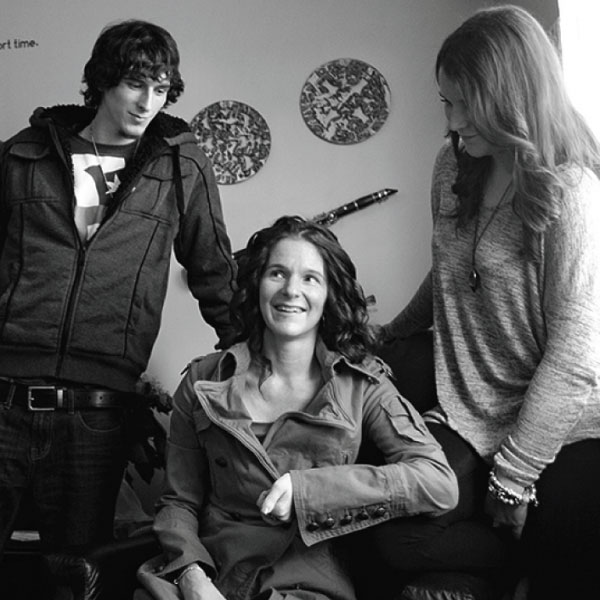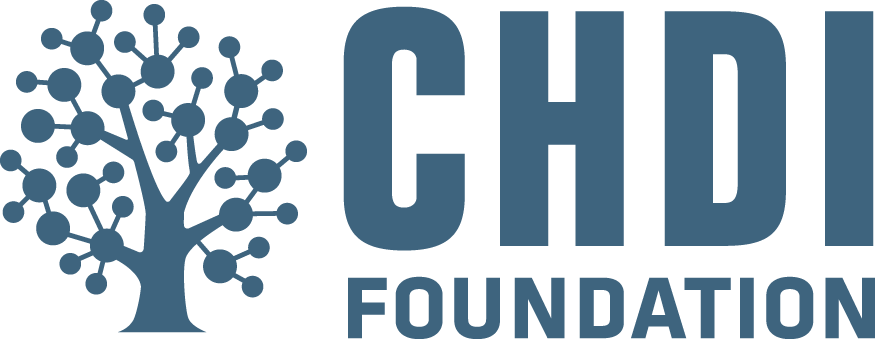Patients & families
We are using targeted gene silencing to address neurological diseases at their source
Many CNS diseases are heritable, and genes that contribute to or cause many of these diseases have been identified. Neurodegenerative diseases are incurable, progressive disorders that are rising in prevalence as the population ages.
RNA interference offers a powerful means of silencing disease-causing genes. RNAi blocks the expression of these genes in a way that is controllable and targeted.

Atalanta’s Approach
Many of the most pressing medical challenges in neurology — including Huntington’s disease, amyotrophic lateral sclerosis (ALS), Alzheimer’s disease and others — require RNAi to reach deep within the brain.
Atalanta’s proprietary di-siRNA displays unparalleled distribution and durability throughout the central nervous system, including deep brain structures and spinal cord.
About Huntington’s disease
Atalanta’s initial therapeutic focus area is Huntington’s disease, a fatal genetic disorder that causes the progressive breakdown of neurons. Adult-onset Huntington’s disease, the most common form of the disorder, usually appears in a person’s thirties or forties. The disease can cause uncontrolled movements, emotional problems and cognitive decline. Individuals with the adult-onset form of Huntington’s disease usually live about 15 to 20 years after symptoms develop.
Huntington’s disease is caused by mutations in the huntingtin (HTT) gene. The expression of this mutated gene leads to dysfunction in neurons, eventually causing death in certain areas of the brain as the disease progresses.
In animal models of Huntington’s disease, RNAi has shown a promising ability to halt this disease pathology. RNAi can selectively silence the HTT gene using its cellular search function. This prevents the HTT gene from being expressed in the body.


Angela's story
“Music was her life,”
…says her mother, Roz. After Angela was diagnosed with Huntington’s disease at age 33, she was determined to keep dancing.
Angela has a long list of passions. She is a devoted hockey fan (the Chicago Blackhawks are her team), loves dressing up for Halloween, and always wanted to be a contestant on “The Price is Right.”
But her biggest love is music. When she was 16, living in Germany, she played clarinet in an oom-pah band. She excelled at jazz and ballet dancing classes. She went to concerts constantly, or out to karaoke with friends, or to the Eagles Club to dance. Over the decades, as Angela’s life took her to Germany, Holland and then to the U.S., as she was married and raised two children, “music was her life,” says her mother, Roz.
Then, in 2003, Angela was diagnosed with Huntington’s disease at the age of 33. Huntington’s is a neurodegenerative disease caused by mutations in the huntingtin (HTT) gene. The abnormal proteins this gene produces accumulate in brain cells, eventually causing the cells to die. People with Huntington’s therefore have progressive difficulty with voluntary movements, show involuntary movements like jerking or twitching, and experience behavioral and psychiatric symptoms.
The thought that she would someday no longer be able to dance was devastating to Angela.
Patient resources
Huntington’s Disease Society of America is an organization founded with a mission to improve the lives of patients and families affected by Huntington’s disease.




